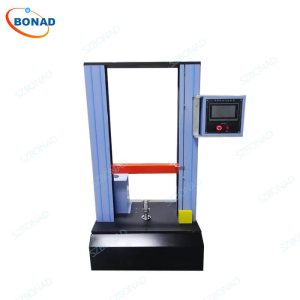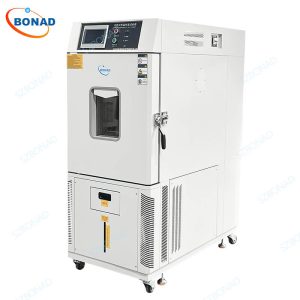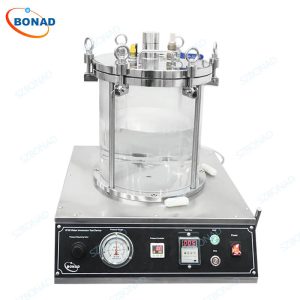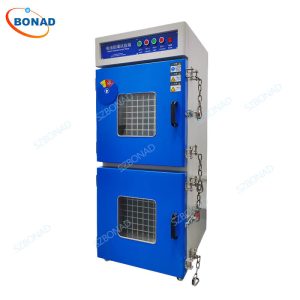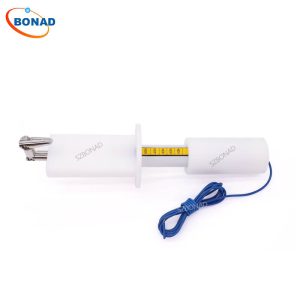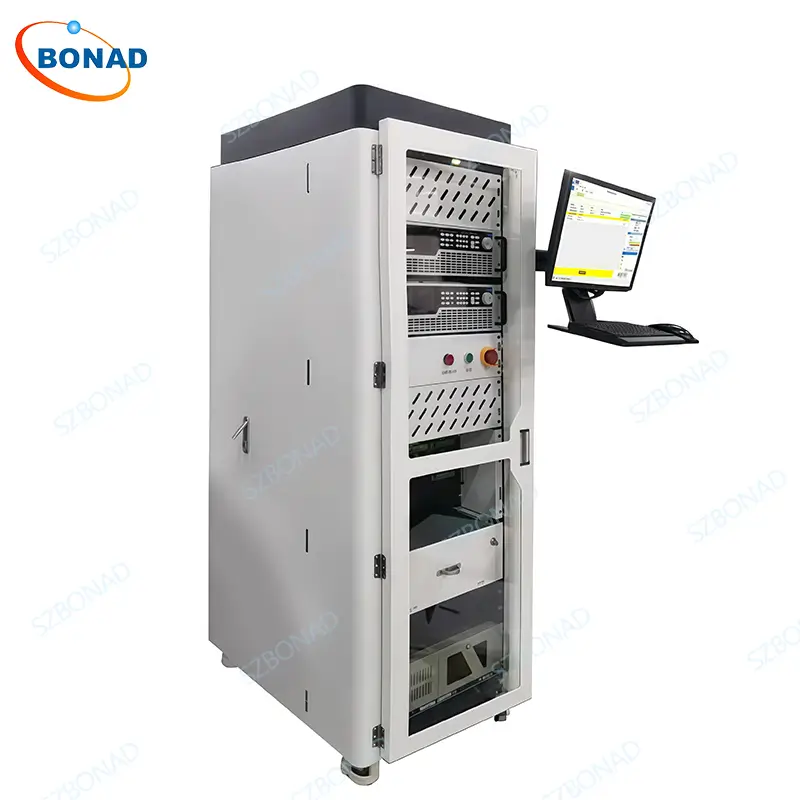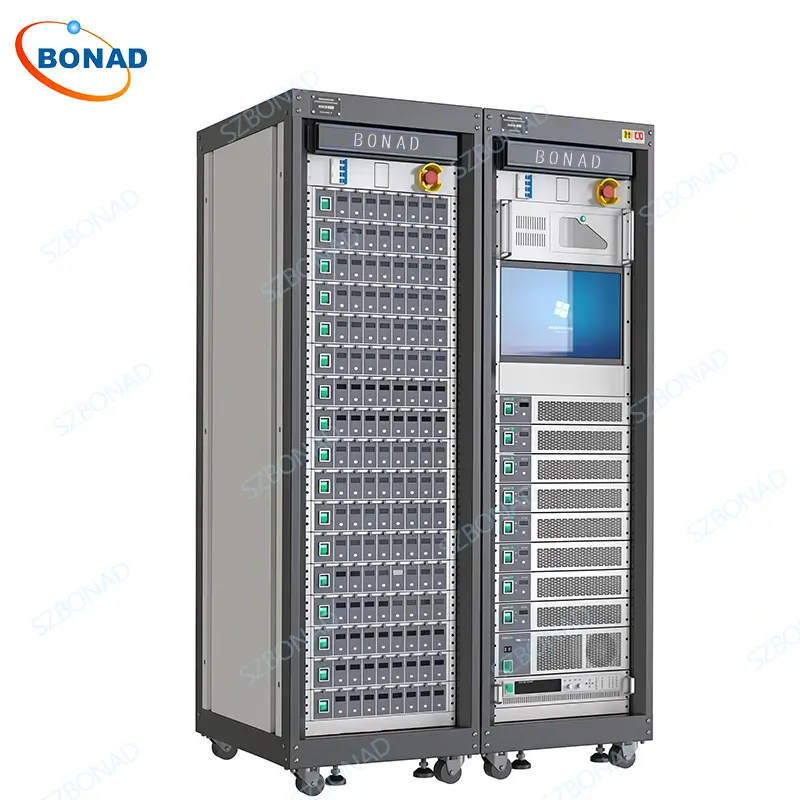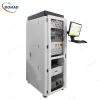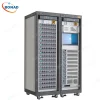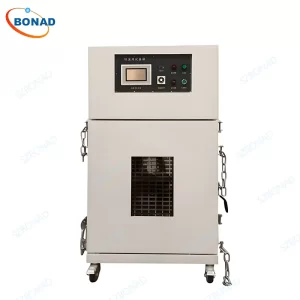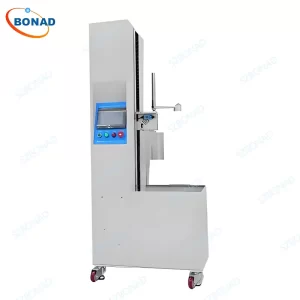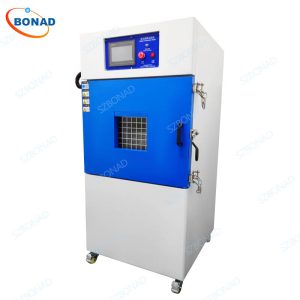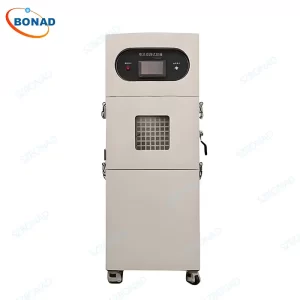BMS Battery Management Test System – High-Precision, Modular BMS Tester
Engineered for accuracy and efficiency, the system’s core components, like the high-precision battery simulators, offer millisecond-level response times and built-in fault simulation. Its modular architecture allows for flexible configuration, scaling from basic functional checks to complex, multi-channel validation suites, ultimately saving valuable space and reducing overall testing costs.
Key Standards & Compliance
The system supports testing in accordance with key industry standards and specifications for BMS and battery packs, including but not limited to:
- ISO 26262 (Functional Safety for Road Vehicles)
- IEC 61508 (Functional Safety of Electrical/Electronic/Programmable Electronic Safety-related Systems)
- Relevant sections of GB/T standards for EVs (China)
- SAE J1939 (CAN bus for vehicles)
Primary Applications
This versatile test system is critical in various stages of the BMS lifecycle:
- BMS R&D & Design Verification: Validate control algorithms, battery model accuracy, and system functionality under simulated real-world conditions.
- BMS Production Line Testing: Perform end-of-line functional checks, including calibration verification and basic performance validation.
- Quality Assurance & Incoming Inspection: Ensure the reliability and safety of BMS units before integration into final products.
- Failure Analysis & Durability Testing: Conduct long-term aging tests, reliability studies, and diagnose field-returned units.
Product Highlights & Features
- High Scalability & Channel Count: Supports 200+ channels, easily expandable to configurations like 400S (400 cells in series) to test large battery packs.
- Modular & Flexible Design: Quickly build custom test systems tailored to specific BMS designs and testing requirements without unnecessary complexity.
- High-Voltage Simulation: Capable of simulating total battery pack voltages up to 10000V for high-voltage automotive and industrial applications.
- Comprehensive BMS Function Testing:
- Active & Passive Balancing Test: Validate the performance and efficiency of cell balancing algorithms.
- Static Power Consumption Test: Precisely measure the quiescent current of BMS/BMU modules.
- Temperature Simulation: Simulate NTC/PTC thermistors with support for custom temperature-resistance tables.
- Insulation Resistance Simulation: Testing the insulation monitoring function of the BMS.
- Built-in Fault Simulation: Inject common faults like short circuits, open circuits, and reverse polarity safely.
- Advanced Software & Control:
- Intuitive GUI: User-friendly software requires no programming skills for standard operations.
- Multi-Mode Support: Offers pre-configured modes for R&D, production validation, and supports secondary development for advanced users.
- Multiple Start Triggers: Supports manual, one-touch automatic, barcode scan, and PLC-initiated testing for seamless production integration.
- Multi-Channel Parallel Testing: Test multiple BMS units independently to maximize throughput and efficiency.
- Detailed Reporting: Generate comprehensive and customizable test reports for traceability and analysis.
- Safety & Reliability:
- Virtual Battery Simulation: Enhances safety by replacing physical batteries, preventing short-circuit risks.
- Current Limiting Protection: Built-in safeguards protect the Unit Under Test (UUT) from damage.
- Millisecond-Level Synchronization: Accurately Simulating Battery Pack Operating Conditions for Dynamic Performance Testing.
Core Testing Capabilities
The system performs a wide range of critical BMS tests:
- Basic Functional Tests: OCV Test, Power-on/Power-off Power Consumption, Battery Temperature Accuracy, Total Voltage Comparison, SOC Comparison, Insulation Resistance Accuracy, Balancing Function, Supply Voltage Test.
- Alarm Function Tests: Voltage, Current, Temperature, and SOC alarm thresholds at various levels.
- Signal & Communication Tests: Voltage Sampling Accuracy, IO Signal Input/Output, CAN Bus, RS485, RS232, I2C, SMBUS communication.
Technical Parameters
| Specifications | Parameter 1 | Parameter 2 |
| Single-unit output voltage range | 0~6.12V | 0-15.3V |
| Output voltage accuracy/resolution | 0.01%+1mV/0.1mV | 0.01%+3mv/0.25mv |
| Measurement voltage accuracy/resolution | 0.01%+1mV/0.1mV | 0.01%++3mV/0.1mV |
| Rise time | 10ms | -1-1A/-2-2A |
| Output current range (range 1) | -1-1A/-272A/-3-3A/-5-5A | 0.02%+1mA/0.02%+2mA |
| Measurement current accuracy | 0.02%+1mA0.02%+3mA0.02%+5mA | -1-1mA/-2-2mA |
| Resolution | 0.1mA | 0.02%+1uA/0.02%+2uA |
| Output current range (range 2) | -1-1mW-2-2mW-3-3mW-5’5mA | |
| Measurement current accuracy | 0.02%+1uV0.02%+2uA/O.02%+3uAO.02%+5uA | |
| Resolution | 0.1uA | |
| Internal resistance simulation range | 0-10Q | |
| Resolution ratio | 1mQ | |
| Accuracy | 0.1%+31m0 | |
| Number of temperature simulation outputs | Route 8-128(Supports multiple groups of external contacts expansion) | |
| Temperature simulation output range | 1~16MΩ | |
| Resolution ratio | 1MΩ | |
| Accuracy | 0.1%+31MΩ | |
| Output voltage range | 0-3000V | |
| Output voltage accuracy | 0.01%+0.01%6fs | |
| Measurement voltage accuracy | 0.1%+0.1%6ts | |
| Output current range | 0-1200A | |
| Output current accuracy | 0.1%+0.1%6fs | |
| Measurement current accuracy | 0.19%+0.1%6fs |
Benefits of Using BONAD’s BMS Test System
- Enhanced Safety & Reliability: Verify critical protection functions to ensure safe battery operation under all conditions.
- Improved Product Performance: Optimize BMS control algorithms for maximum battery life and efficiency.
- Faster Time-to-Market: Accelerate the development and testing cycle, enabling quicker product launches.
- Reduced Manufacturing Costs: Identify defective units early, minimize downtime, and prevent costly recalls.
- Future-Proof Scalability: The modular platform easily adapts to different BMS architectures and evolving product types.

